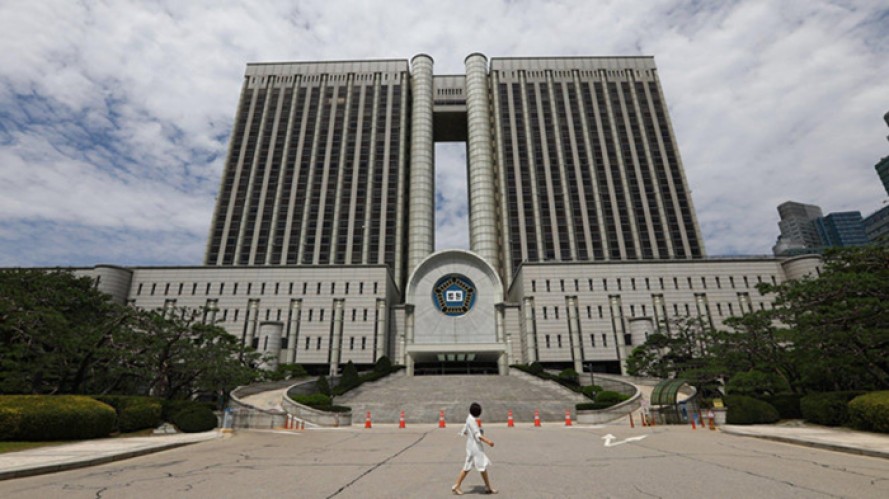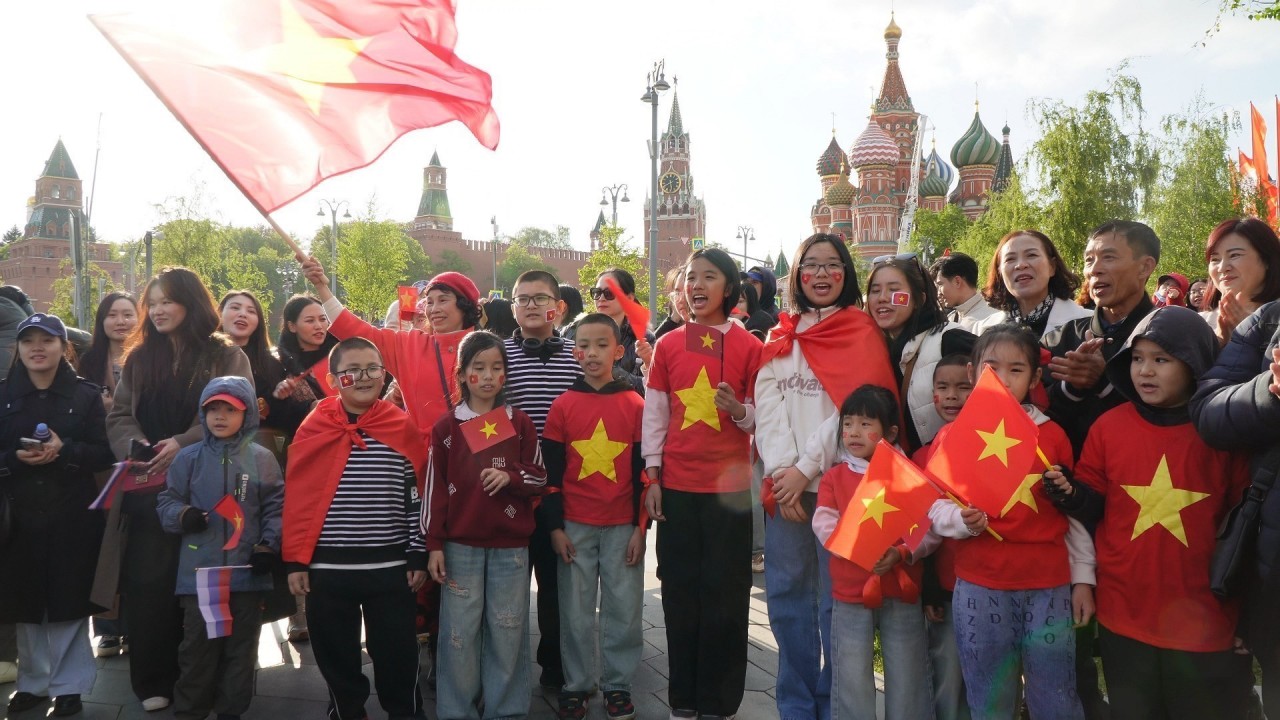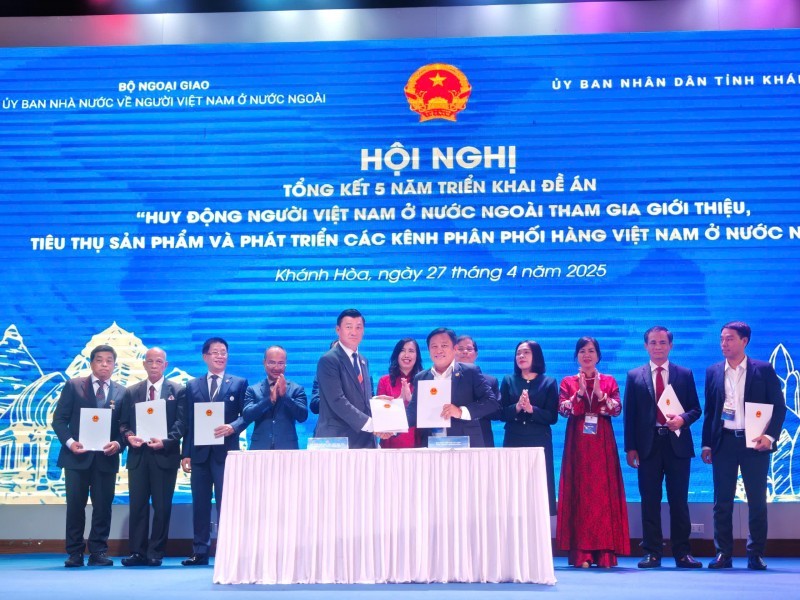Migrant woman can maintain in South Korea after divorce: Top court
 |
The South Korean Supreme Court. Photo: Yonhap
The South Korean Supreme Court ruled in favor of a Vietnamese woman, 23, who filed a suit against the immigration office that refused to authorize an extension of her stay in the country after a porce, seeking a revocation of the administrative decision.
The Vietnamese woman entered Korea in 2015 after marrying a Korean man. She was forced to work at a convenience store run by her mother-in-law without pay, and had a miscarriage. She filed for porce, which was finalized in 2016. Then in 2017 she applied for an extension of her status as a marriage migrant, but this was denied by the immigration office.
The top court and lower courts interpreted the law differently.
Under the Immigration Control Act, migrant women who are no longer married can only extend their stay in Korea if their husbands die or go missing, or if they can prove that they were not responsible for the breakdown of their marriages.
Lower courts ruled against the Vietnamese woman, saying she was partially responsible for the porce. The rulings indicated that to renew her residency status, a marriage migrant had to prove her Korean husband was fully responsible for the porce.
The top court, on the other hand, decided that residency status should be granted to a marriage migrant after porce as long as the Korean spouse was mostly responsible for the porce.
If an extension of stay for a marriage migrant were only allowed when the ex-partner was entirely to blame, the court ruled, it would undermine marriage migrants’ right to seek a porce and allow their Korean partners to exploit the system to mistreat their foreign partners.
The Supreme Court ruling is seen as a step toward better protection of marriage migrants’ human rights amid public outrage over a recent assault on a Vietnamese woman by her Korean husband.
A video of a Korean man punching and kicking his Vietnamese wife went viral on social media last weekend. The man, who was arrested Saturday (July 6) on suspicion of assault, reportedly beat his wife for not speaking Korean well.
According to the Ministry of Justice, 132,391 foreign women ― or one in 10 of the total living in Korea ― were registered as marriage immigrants as of last December.
A 2017 survey by the National Human Rights Commission found that 42.1 percent of the 920 respondents had suffered from domestic violence. Thirty-eight percent suffered physical abuse, while nearly 20 percent said they were threatened with a weapon.
However, 31.7 percent said they did not seek any help. Twenty-five percent said they did not want others to know about the violence, while 20.7 percent said they did not know where to get help, and another 20.7 percent said they thought other people would not be able to solve the situation.
A 2015 study by the Ministry of Gender Equality and Family (MOGEF) also showed 6.4 percent of porced immigrant wives cited violence and ill-treatment as their reasons for leaving their husbands./.
Korea Herald/Korea Times
Recommended
 Focus
Focus
Overseas Vietnamese in Russia Welcome Vietnam People's Army Delegation at Red Square
 Overseas Vietnamese
Overseas Vietnamese
Global Vietnamese Community Celebrates 50 Years of Reunification with Pride
 Overseas Vietnamese
Overseas Vietnamese
Exhibition “VIETNAM 75” Honors Aspiration for Independence and International Solidarity
 Overseas Vietnamese
Overseas Vietnamese
Overseas Vietnamese Help Boost Vietnam’s Agricultural Exports
 Overseas Vietnamese
Overseas Vietnamese
Special Vietnam’s Cultural Showcase Takes Place in Russia
 Overseas Vietnamese
Overseas Vietnamese
Vietnamese in Kansai: Uphold National Identity, Strengthen Ties to Homeland's Islands
 Overseas Vietnamese
Overseas Vietnamese
Promote Strength of Overseas Vietnamese in Enhancing Vietnam - EU Relations
 Overseas Vietnamese
Overseas Vietnamese
